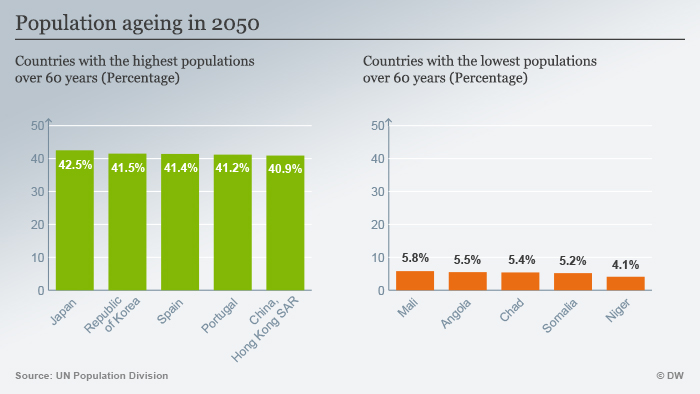World Health Organization meets in Guam this week
A global spotlight falls on Guam this week as representatives from 37 countries converge to tackle health issues that affect 1.8 billion people in our region.
Guam will host the 66th session of the World Health Organization Regional Committee for the Western Pacific, from Oct. 12-16 at the Hyatt Regency Guam. About 250 people, including 150 committee members, will review WHO's progress over the past year and reach consensus on five health challenges that face the region.
The agenda items to be discussed by the Regional Committee include viral hepatitis, tuberculosis, universal health coverage, violence and injury prevention and urban health.
Dr. Shin Young-soo, WHO regional director for the Western Pacific, presented the week's agenda at a news conference on Sunday. He thanked the Government of Guam and United States for hosting the event and recognized Lt. Gov. Ray Tenorio and Public Health Director James Gillan for their accommodation.
It is Guam's second time to host the Regional Committee, said Shin, who added that Gillan helped organize the Regional Committee meeting when it was last held here in 1972.
Shin touched on each of the five main challenges:
- Viral hepatitis: Causes more than half a million deaths in the region. Committee will work on negotiating lower prices for effective medicines.
- Universal health coverage: Achieving this leads to widespread success in other areas. Committee will work to accelerate its implementation to strengthen health systems throughout the region.
- Urban health: Fifty four percent of the region's population lives in cities, and that percentage is growing. Rapid and unplanned urbanization poses serious health problems, especially for the poor and underserved. Committee will work on specific ways to make cities in the region healthier and more resilient.
- Tuberculosis: Committee will discuss the need to combat drug-resistant TB, which threatens regional health security. It will discuss the region's role in a global strategy to end tuberculosis altogether.
- Violence and Injury prevention: Violence and injuries claim more than one million lives each year in the region. It includes deaths from road traffic injuries, falls, drowning and interpersonal violence. It's the leading cause of death in the region for people aged 5 to 49 years old. Committee will consider endorsing actions to curb these preventable deaths.
Local impact
Tenorio said reducing violence and injury has been his longtime concern and wants to know what other countries are doing about it.
"We've seen our share of that here in drowning incidents," he said. "If they have different ideas on how to go about preventing injury and drowning, the entire island could benefit from that."
He added that from a policy standpoint, he would also like to learn how other countries might regulate social welfare programs such as food stamps, and how they might control what a recipient is able to purchase.
Gillan said that while Guam does not have a seat at the Committee table, he's met people from the U.S. who want to hear from the territories.
For instance, the rising cost of drugs drastically affects Guam's ability to fight diseases such as a multiple-resistant strain of tuberculosis. That medication went from $500 for a 30-day supply to costing $10,600.
"It's almost criminal," he said.
"But because we are a U.S. territory, we are forced to purchase only FDA-approved drugs. We have to start looking at other sources. We can buy similar medications through WHO ... at a significant discount. We have some programs in our public health department that give significant discounts, but even those discounts pale against what we could get through WHO. So we need to address that, and we'll probably be asking the whole body for ways they could assist us."
source: http://www.guampdn.com/



